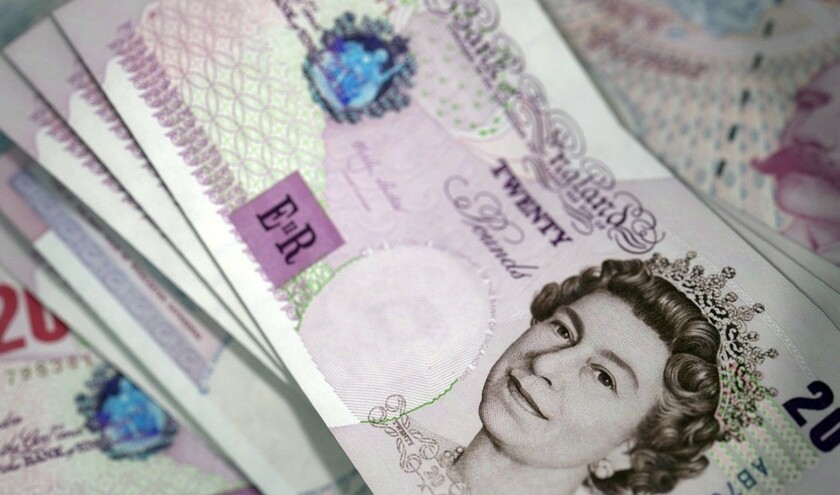Junior doctors have been in dispute over more than a decade of real-terms pay cuts since October 2022, during which time they have taken 44 days of strike action.
The cumulative impact of the uplifts means a doctor starting foundation training in the NHS will see their basic pay increase to £36,600, compared to around £32,400 before the deal.
In addition, the DHSC will lead a review of the current system, with the intention of reforming the number and frequency of rotations.
It will also be working with NHS England on a review of training numbers, both to address the training bottlenecks that already exist and the planned expansion of medical school places, to ensure patients have access to the junior doctors they need, and the consultants and GPs they will need in the future.
Wes Streeting, health and social care secretary, said: ‘I am pleased that our offer has been accepted, ending the strikes ahead of looming winter pressures on the NHS.
‘This marks the necessary first step in our mission to cut waiting lists, reform the broken health service, and make it fit for the future.'
The junior doctors committee co-chairs, Dr Robert Laurenson and Dr Vivek Trivedi, said the deal marks the end of 15 years of pay erosion with the beginning of two years of 'modest' above inflation pay rises.
The added: 'There is still a long way to go, with doctors remaining 20.8% in real terms behind where we were in 2008.
‘Mr Streeting has acknowledged our pay has fallen behind and has talked about a journey to pay restoration. He believes the independent pay review body is the right vehicle for this, and if he is right then no doctor need strike over pay in future. However, in the event the pay review body disappoints, he needs to be prepared for the consequences.'
In response, Sir Julian Hartley, chief executive of NHS Providers, said the dispute has been a major distraction for trust leaders and now there is a real opportunity to move on.
‘It's vital though that the agreement does not eat into trust budgets which are already severely stretched,' he added.
Amanda Pritchard, chief executive of NHS England, said: ‘The NHS is nothing without junior doctors - they make up almost half of the medical workforce, working across a wide range of services everyday to provide expert, compassionate care to patients.
"It is absolutely right that they feel valued and that we do everything within our power in the NHS to improve their working lives.'
Outside the pay negotiations, the government has agreed that from 18 September junior doctors across the UK will be known as resident doctors to better reflect their expertise. This follows a motion to the BMA's annual policy making conference in 2023 when doctors voted in favour of a name change.



